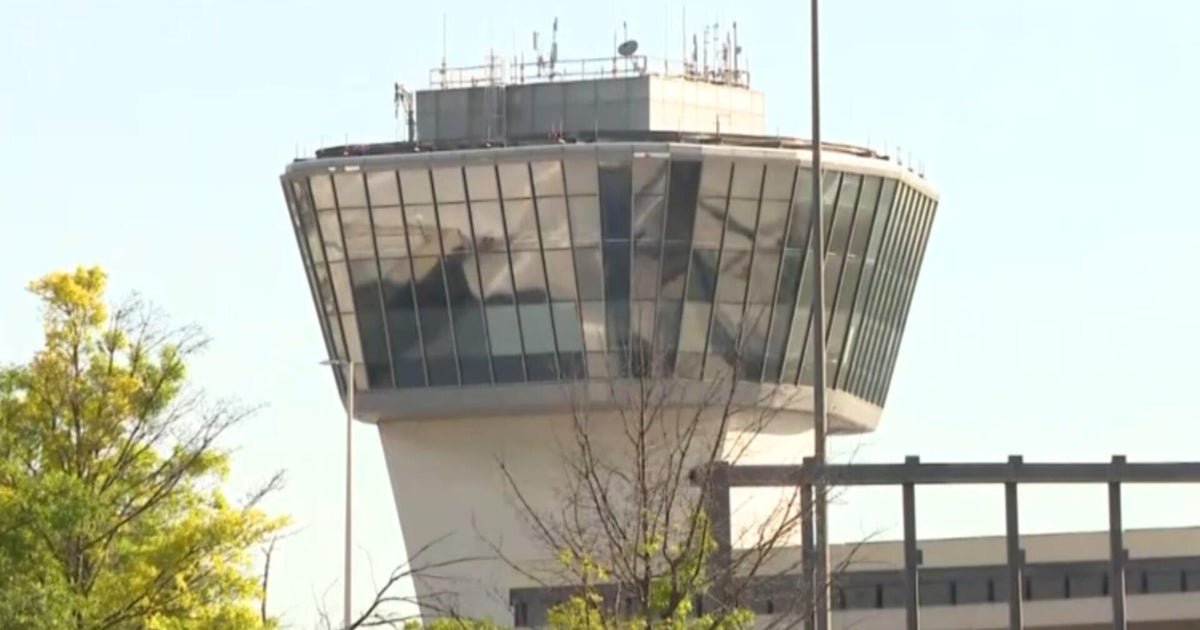[ad_1]
The Republicans’ “big beautiful” budget package is aimed at ushering in “a new golden age in America” through a combination of tax and spending cuts, according to House Speaker Mike Johnson. But a new analysis from the nonpartisan Congressional Budget Office finds that the bill may prove less golden for some Americans.
The lowest-earning 10% of U.S. households are likely to see their financial resources reduced by $1,600 per year, or almost 4% of their annual income, according to the June 12 CBO report.
The analysis, which tallies the impact of the bill’s tax breaks, reductions in funding for federal programs and changes in matching state funds, notes that the proposed legislation would reduce resources for low-income Americans because of cuts to Medicaid and food stamps.
The CBO found the bill would boost the government resources going to the highest-earning 10% of U.S. households by $12,000 per year, while middle-income households would see a gain of $500 to $1,000.
The agency estimated that, on average, “household resources would increase over the 2026–2034 period, mainly because of reductions in how much households owed in federal taxes,” CBO said. But those changes would not be evenly distributed the agency said.
“The agency estimates that in general, resources would decrease for households toward the bottom of the income distribution, whereas resources would increase for households in the middle and top of the income distribution,” the CBO report noted.
White House spokesman Kush Desai defended the Trump administration’s economic policies, saying they will benefit working class Americans.
“Democrats and the media unquestioningly ran with CBO’s gloomy scoring of President Trump’s tax cuts during his first term — tax cuts that helped usher in the first decline in wealth inequality in decades,” Desai said in a statement to CBS MoneyWatch. “President Trump’s America First economic agenda unleashed historic job, wage, and economic growth for working-class Americans in his first term, and this agenda will repeat the success in his second term.”
The analysis could fuel criticism from some congressional Democrats and advocates for low-income Americans that the proposed legislation could hurt the most vulnerable households by stripping away Medicaid and other benefits, while providing the richest Americans with generous tax cuts.
“As the nonpartisan [Congressional Budget Office] just confirmed to me, Trump’s budget bill will make it harder for working Americans to make ends meet while sending thousands to the ultra-rich,” said Rep. Brendan Boyle, a Democrat from Pennsylvania, on social media.
Boyle, who with House minority leader Rep. Hakeem Jeffries asked the CBO for the analysis, added, “Republicans are stealing hard-earned money from working people to enrich billionaires.”
Previous analyses from nonpartisan think tanks such as the Penn Wharton Budget Model, a University of Pennsylvania research group that analyzes the fiscal impact of public policies, have come to similar conclusions about the bill’s impact.
Penn Wharton forecasts that the bottom 20% of U.S. households would lose $1,035 in 2026, while the top 0.1% of income earners would get an after-tax boost of $389,000 due to the bill’s provisions.
A Thursday analysis of the CBO report by the Yale Budget Lab, a nonpartisan policy research center, concluded that the bottom 10% of U.S. households would see an average decrease of more than 6.5% in incomes under the GOP budget bill, while high-income earners would get a boost of 1.5%.
[ad_2]



